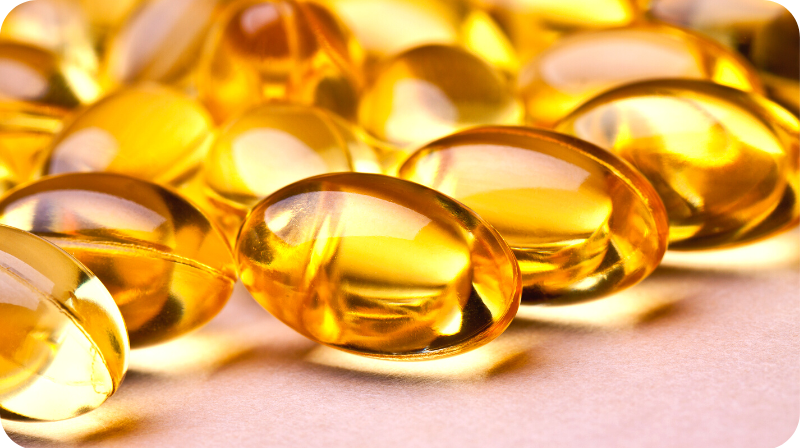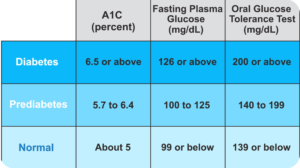An ongoing and growing body of research is increasingly linking vitamin D deficiency with diabetes factors. The evidence suggests that supplementation may play a part in preventing onset of Type 2 diabetes.

Several studies completed over the last 10 years have indicated that a lack of vitamin D can lead to the insulin resistance that is a key factor in the onset of adult Type 2 diabetes. The scope of the problem becomes apparent when you consider that the National Institutes of Health estimates as much as 42 percent of the U.S. population is deficient in vitamin D. Some experts estimate that number is actually significantly higher.
Vitamin D appears to play a role in increasing cellular sensitivity to insulin and boosting insulin production—both of which make the body more efficient at removing and synthesizing glucose circulating in the blood stream.
Sun exposure is the primary way people synthesize vitamin D, although a small amount can be had from a limited selection of foods. As more people avoid sun exposure for skin health, or because of long, dark winters, vitamin D deficiencies increase. Supplementing with vitamin D is inexpensive and easy. But individuals should only supplement after they’ve had a blood test to determine current levels of the vitamin. If you find that your vitamin D levels are low—especially if a blood panel shows blood glucose and related markers are high—take some simple steps to boost your body’s vitamin D stores.
Getting Your Vitamin D
There are several ways to increase vitamin D levels. Combining different approaches can readily correct a deficiency, and limit the need for supplements.
- Sun. Sunlight on your skin—and specifically UVB rays—interacts with a protein to convert it into a form of vitamin D the body can most easily synthesize. The problem is, you need to get significant exposure in terms of both the skin area exposed and the time of exposure. Ironically, as we have become more conscious of the skin cancer risk from sunlight’s ultraviolet rays, we increasingly hide our skin from direct sun exposure. This is a leading cause of vitamin D deficiency. Increasing sun exposure can boost low vitamin D levels.
- Food. Although most foods will not deliver significant amounts of usable vitamin D, a few are actually good sources. These include dairy products and orange juice fortified with vitamin D, and oily fish such as tuna, salmon, and sardines. Introducing more of all of these into your diet can increase levels of vitamin D in the body.
- Supplemental. Supplementing with vitamin D capsules is often the quickest, most efficient way to elevate vitamin D levels to a healthy level. It is important, however, that you be a smart shopper. Buy organic supplements from reputable brands, and check the label for third-party testing and verification.
Keep in mind that although it may be a contributing factor, vitamin D deficiency has not been proven to cause diabetes. There are several steps you can take, in addition to vitamin D supplementation, to prevent or combat Type 2 diabetes. If your A1C levels indicate that you are prediabetic, or you have been diagnosed as diabetic, make sure your doctor checks your vitamin D levels in addition to other blood markers. Then make lifestyle changes to reduce blood glucose levels and improve your outlook. Learn more about prediabetes and diabetes, and strategies to combat both, on the American Diabetes Association website.





